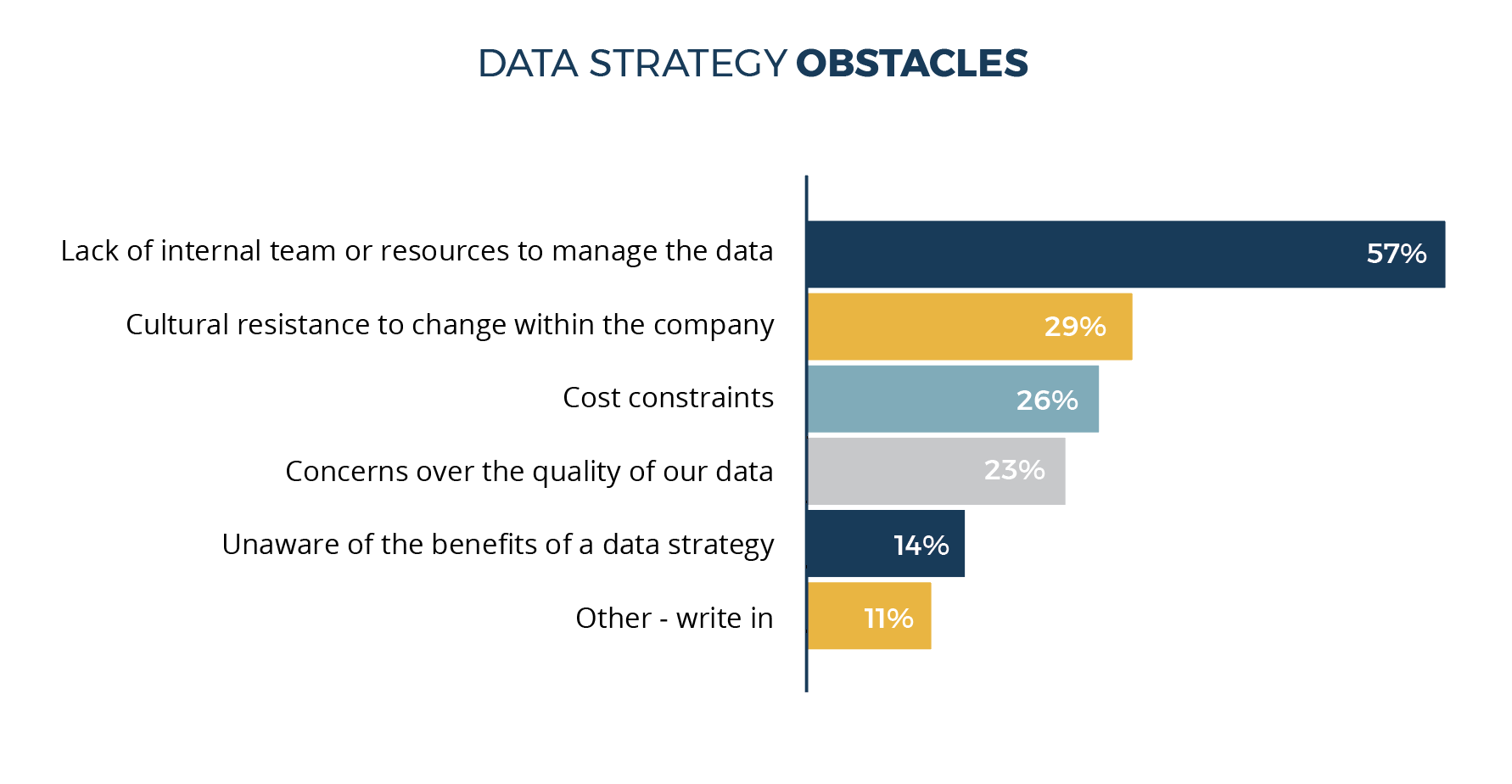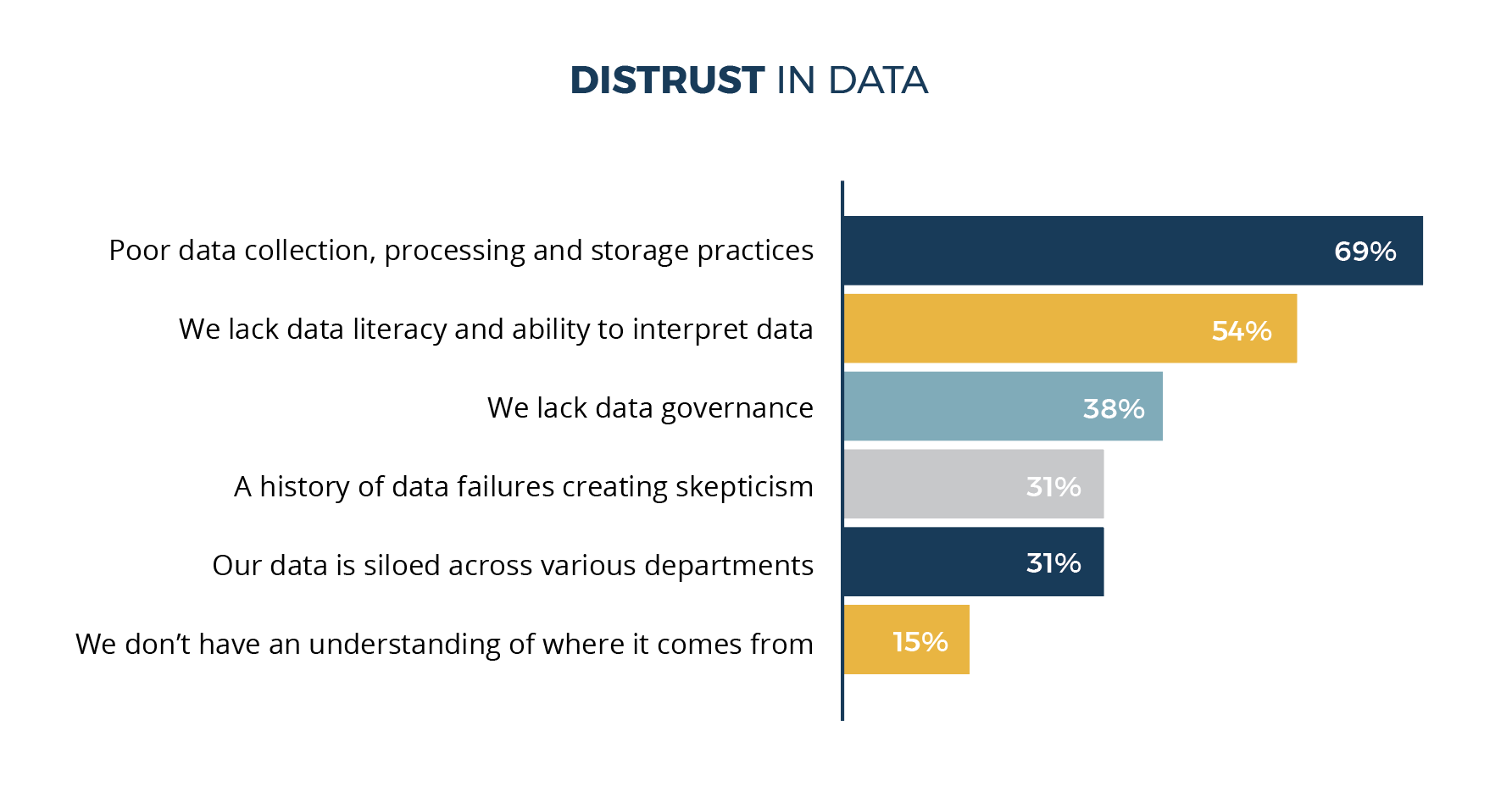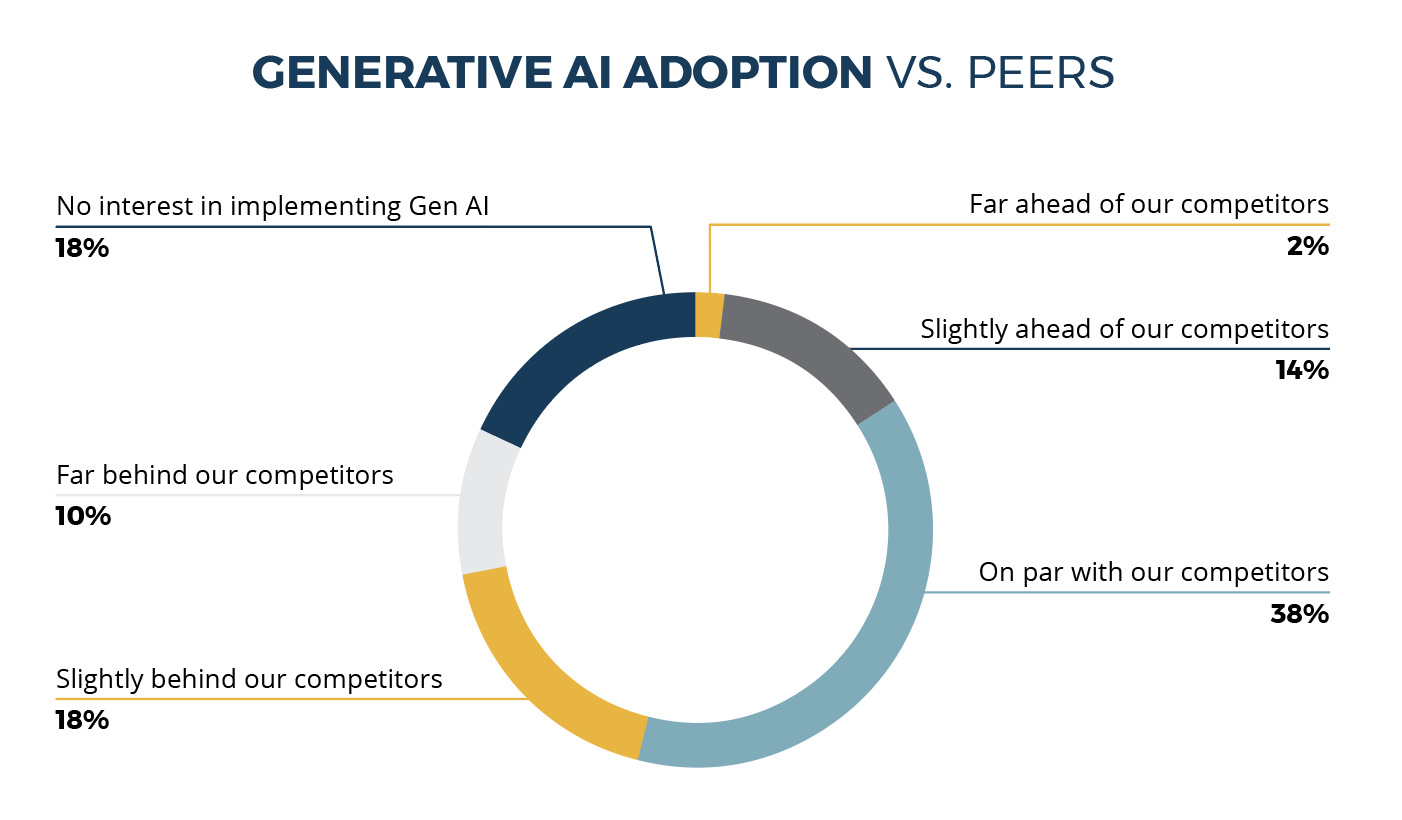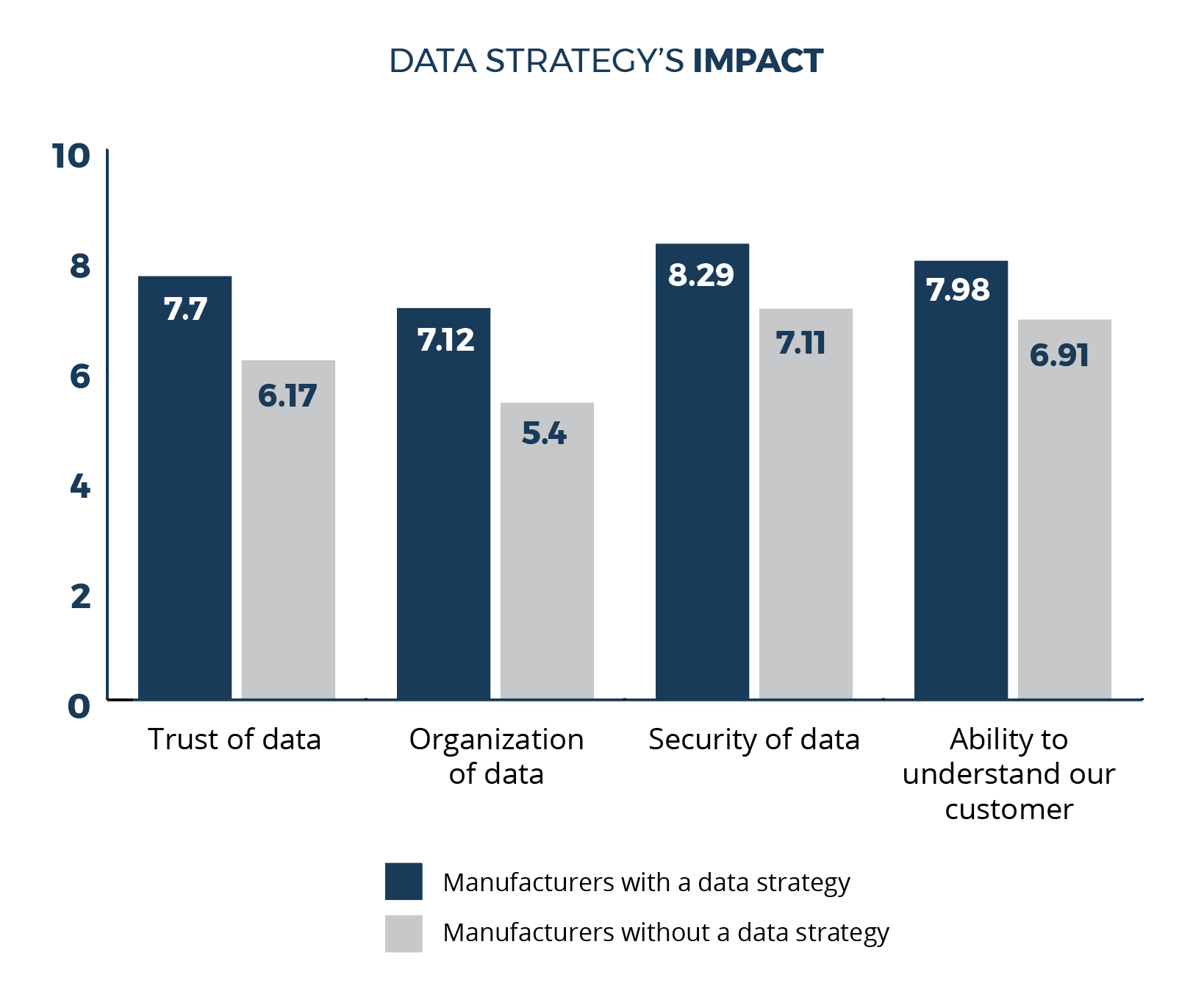Industry Outlook
Manufacturing executives’ outlook on future business prospects sees the lowest average score since October 2022 when asked to rank their optimism one to 10. The average optimism score (6.6) decreased over 6% compared to February 2024. The current national political climate (43%) is the leading factor contributing to decreased optimism. Other top factors include interest rates (41%) and poor economic conditions (31%).

“ I anticipated the decline in manufacturers’ optimism score given the amount of uncertainty heading into the end of the year. I encourage executives to remain vigilant in their investments and seek new ways to differentiate themselves among competition. In particular, manufacturers that harness their data will gain a significant advantage in the marketplace. Data analytics offer a powerful opportunity for differentiation, especially as many organizations lack cohesive data strategies.“

Jerry Murphy, CPA, CMA, CGMA
Principal, Manufacturing & Distribution Services Leader
Manufacturing executives recognize the importance of data as a driver of their business initiatives, as 75% of respondents agree data is a key consideration in their business strategy. However, this recognition is not translating into widespread adoption of data management processes. Only 56% of manufacturing executives have a data strategy in place that supports their business initiatives, highlighting the gap between awareness of data’s importance and taking steps to utilize it effectively. A majority of executives (57%) report lacking an internal team or resources to manage the data is preventing them from implementing these strategies.

A data Delimma
Data accessibility and reliability are two glaring issues manufacturers face. Only 60% of respondents agree that it’s easy to find the data they need in order to do their job. Further, executives reported an average score of 7.2 out of 10 when asked to rate their data’s trustworthiness. Poor data collection, processing and storage practices (69%) is the top reason executives distrust their data. Other high-ranking responses include lacking data literacy (54%) and an absence of data governance (38%).

Data Strategy’s Competitive Edge
Manufacturers are failing to use their data to their advantage, and their competitive positioning is suffering. Only 37% of executives are using their data as a competitive advantage. In addition, their ability to keep pace with competitors that leverage emerging technologies is impacted. Only 54% of executives feel they are on par with, or ahead of, their peers when it comes to adopting and implementing generative AI – 28% feel they are falling behind.

“ Before diving into AI, especially generative AI, it’s essential to have a solid data strategy in place. AI is only as good as the data it feeds on. Without a clear approach to collecting, managing and ensuring data integrity, companies risk amplifying inefficiencies or introducing bias into their AI systems. A strong data strategy lays the foundation for accurate, unbiased insights that drive real business value and sustainable growth.“

Ray Beste
Principal AI Strategist
Implementing a data strategy significantly influences executives’ perception of their data. When surveyed on a scale of one to 10, executives’ trust in data improves 25% when a proper data strategy is in place. Further, data organization increases 32%, data security rises 17% and the ability to understand the customer improves 15% when comparing manufacturers with a data strategy to those without.

“There is immense potential for all companies, but especially manufacturers, to transform their operations with reliable data already at their disposal. The ability to automate and make decisions based on accurate, real-time insights can drive efficiency, innovation and competitiveness. For those willing to embrace it, data represents not just a tool, but a strategic asset that can redefine their entire business model, and a Data Strategy is the means by which they can maximize their return on data.“

Rick Young
Senior Director, Data & AI
About Sikich
Sikich is a global company specializing in technology-enabled professional services. With more than 1,900 employees, Sikich draws on a diverse portfolio of technology solutions to deliver transformative digital strategies and ranks as one of the largest CPA firms in the United States. From corporations and not-for-profits to state and local governments, Sikich clients utilize a broad spectrum of services* and products to help them improve performance and achieve long-term, strategic goals.
*Securities offered through Sikich Corporate Finance LLC, member
FINRA/SIPC. Investment advisory services offered through Sikich Financial,
an SEC Registered Investment Advisor




